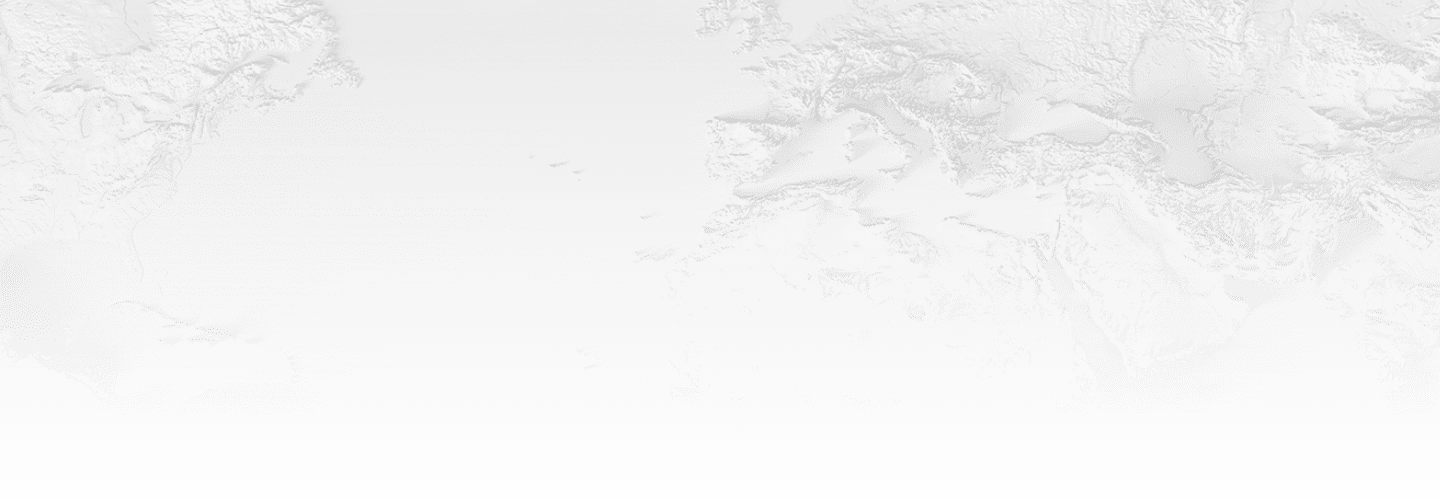



Desert Oasis: A Vision of Global Transformation.
Dr. Ibrahim Abouleish
In 1977, SEKEM was founded by Dr. Ibrahim Abouleish, who had a vision to address Egypt's challenges. His goals were to transform the desert into fertile land using natural methods, create employment opportunities for poor Egyptians, and promote personal development through education, arts and culture, medical care, and care for both the earth and people.
SEKEM, which stands for "through the power of the sun," has employed 1,200 people in biodynamic farms and processing plants in different regions of Egypt as of 2018. The development fund supports various social initiatives, including child care, schools, medical care and training for adults. SEKEM is affiliated with Heliopolis University for Sustainable Development and emphasizes sustainability as not only improving existing conditions, but also creating space for new values such as peace and global interest. Inspiration comes from both anthroposophy and Islam, and SEKEM respects diverse religious and philosophical backgrounds without being considered a religious initiative.